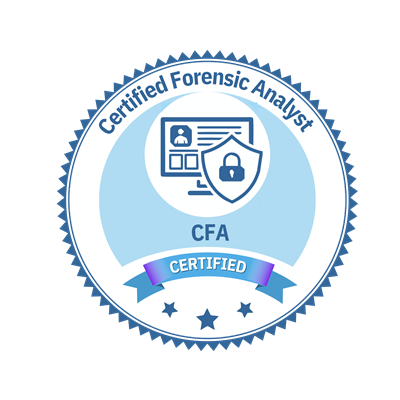The role of a computer forensic analyst, also known as digital forensic examiner or forensic computer analyst, involves handling digital media in criminal cases. They recover deleted data, analyze it for investigations, and may testify in court. The Certified Forensic Analyst (CFA) certification from GIPMC focuses on skills needed for data analysis from Windows and Linux systems.
Computer forensic analysts work in various sectors, including law enforcement and business, where they may recover deleted emails, encrypted data, or passwords for investigations. They can also work as consultants, solving specific problems for different agencies.
Salaries for computer forensic professionals vary, with an average of $36,640 per year according to the United States Bureau of Statistics. Those in the private sector typically earn more than those in the public sector, although public sector jobs often come with set pay scales and benefits. As technology use increases, there is a growing demand for trained computer forensic analysts to handle digital evidence.
E-Course Duration:

